El Foro Permanente de Aguas Binacionales destaca los desafíos y las soluciones en la región fronteriza.
The Permanent Forum of Binational Waters Highlights Challenges and Solutions in the Border Region.
In a meeting focused on discussing environmental conservation, the Permanent Forum of Binational Waters organized the Coffee Break titled “Pollution and Ecosystems: Rivers, Aquifers, and Coasts in the Mexico-United States Border Region” on December 7, 2023.
The Coffee Break, moderated by Gabriela Rendón and Erick Valazquez, gathered a select group of experts to discuss the alarming situation of water pollution at the U.S.-Mexico border.
Speakers Carmen Julio Navarro, Teresita Oropeza, Tricia Cortez, and Carlos Barriga Vallejo, broke down the critical problems facing aquatic ecosystems in the region.
Teresita Oropeza, highlighting the issues in Tijuana, pointed out how the lack of adequate water treatment capabilities, combined with social and migratory challenges, has led to a critical situation in rivers and coasts. Meanwhile, Tricia Cortez focused on Laredo/Nuevo Laredo, where the Rio Grande emerges as one of the most threatened rivers in the world, suffering a lethal combination of pollution and water scarcity.
Carlos Vallejo, addressing a broader topic, highlighted the relationship between pollution and climate change, and how the destruction of natural habitats exacerbates existing problems. Carmen Navarro, finally, presented a concerning overview of the overexploitation and pollution of eleven aquifers shared between Chihuahua and the U.S.
A significant part of the forum was dedicated to identifying the sources of pollution and the most affected ecosystems.
Oropeza criticized urban planning in Tijuana and its inability to handle rapid economic and industrial growth, resulting in severe pollution directed towards the coast. Cortez, on the other hand, illustrated Laredo’s problems with bacteria like E. coli, due to inadequate wastewater management.
Vallejo and Navarro emphasized the need for regular monitoring and a comprehensive approach to understand and address the diversity of pollutants present in the region.
Finally, the Coffee Break concluded with a discussion on the existing barriers to solving these environmental problems.
Experts agreed on the need for greater awareness, community participation, and cross-border collaboration.
Proposed solutions ranged from active participation in social networks and community forums to significant agreements for wastewater treatment and the use of advanced technology.
This meeting highlighted the urgency of addressing the growing environmental crisis at the U.S.-Mexico border, underscoring the importance of a binational and multidisciplinary effort to find sustainable long-term solutions.

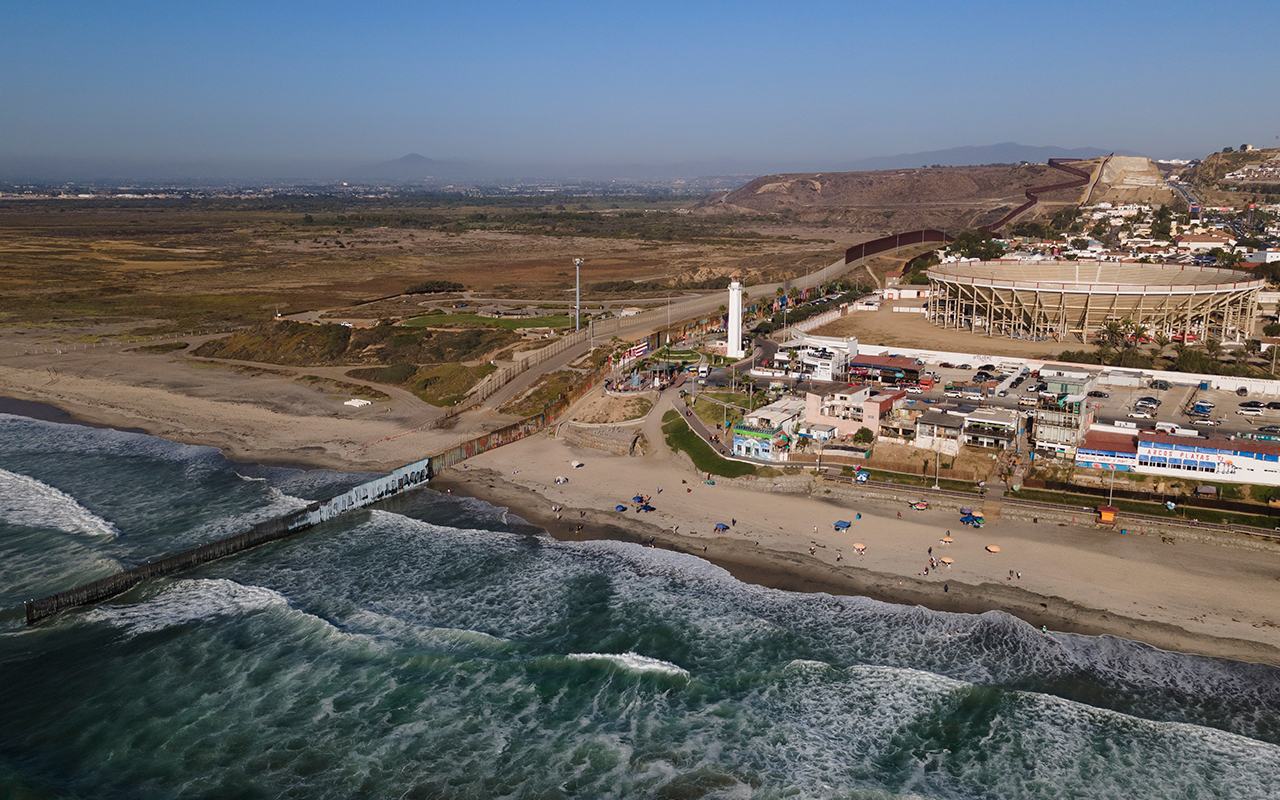
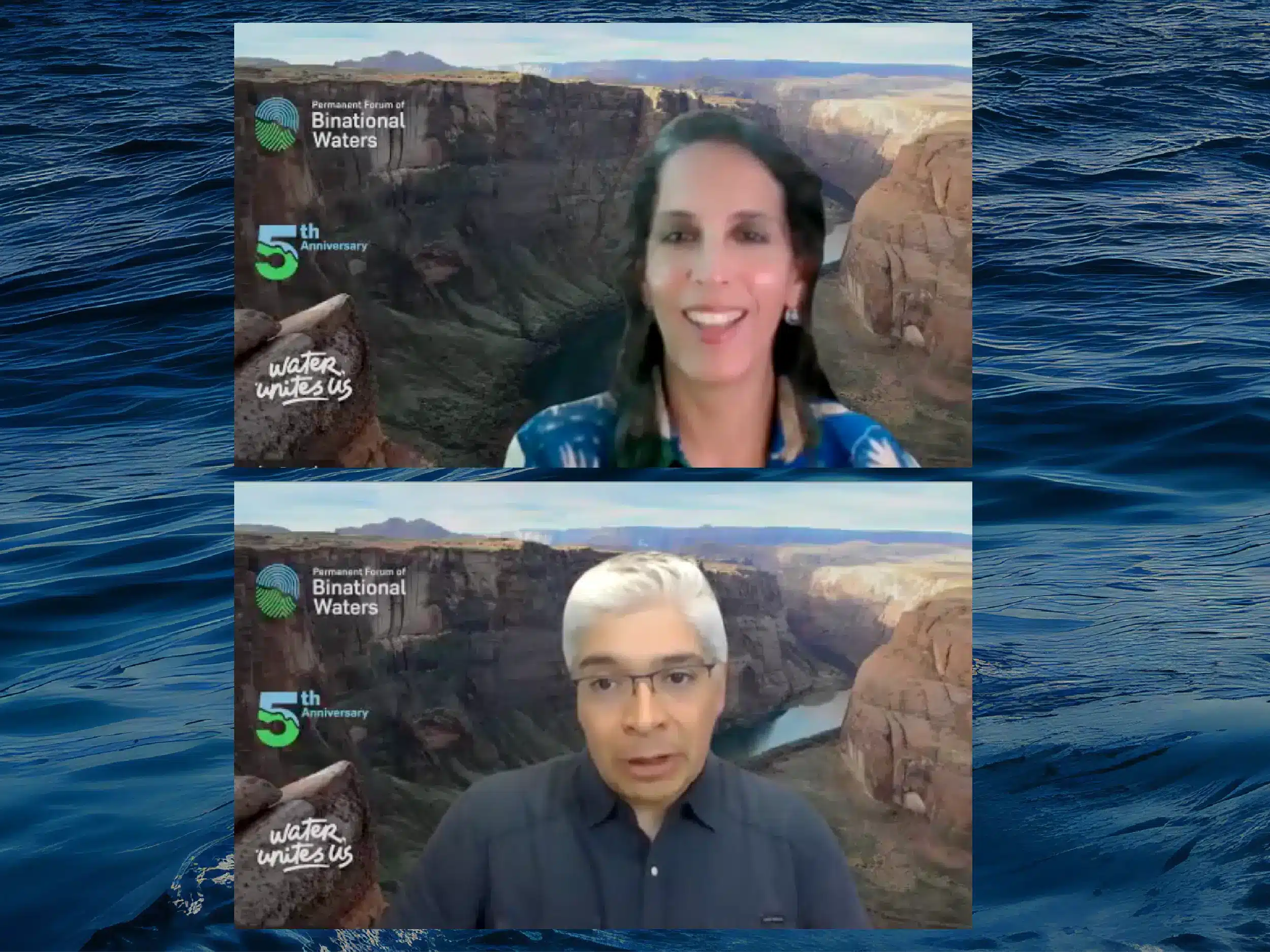
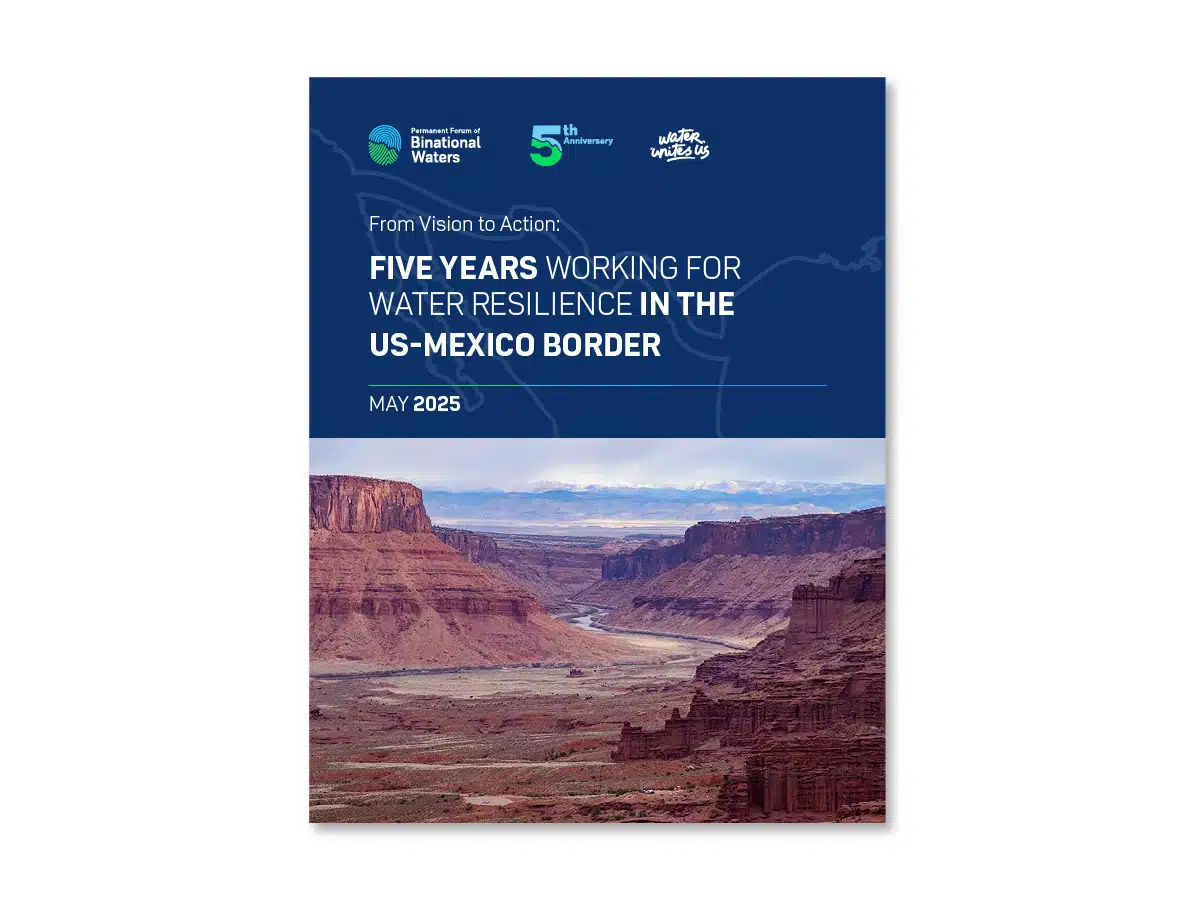
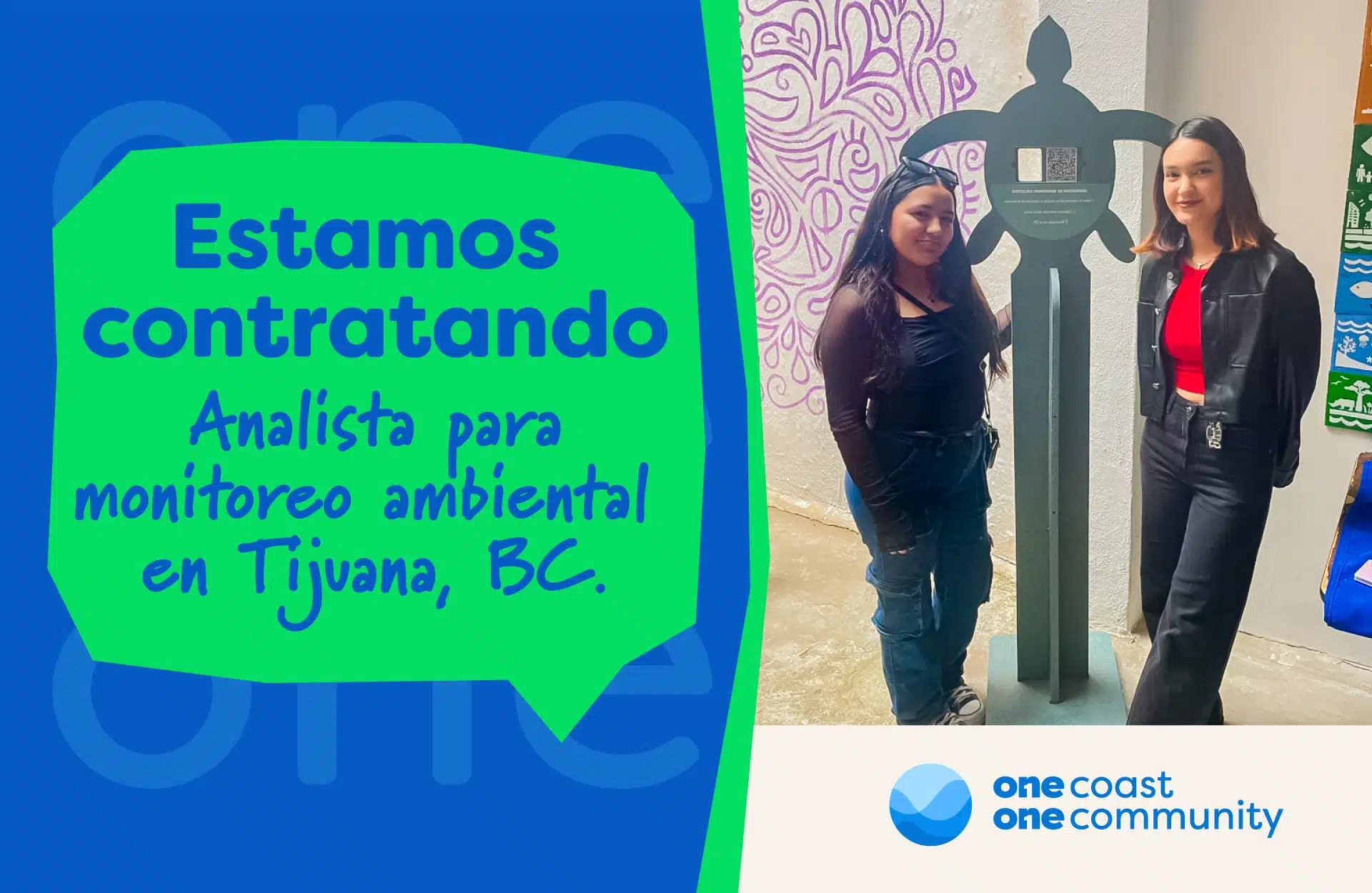
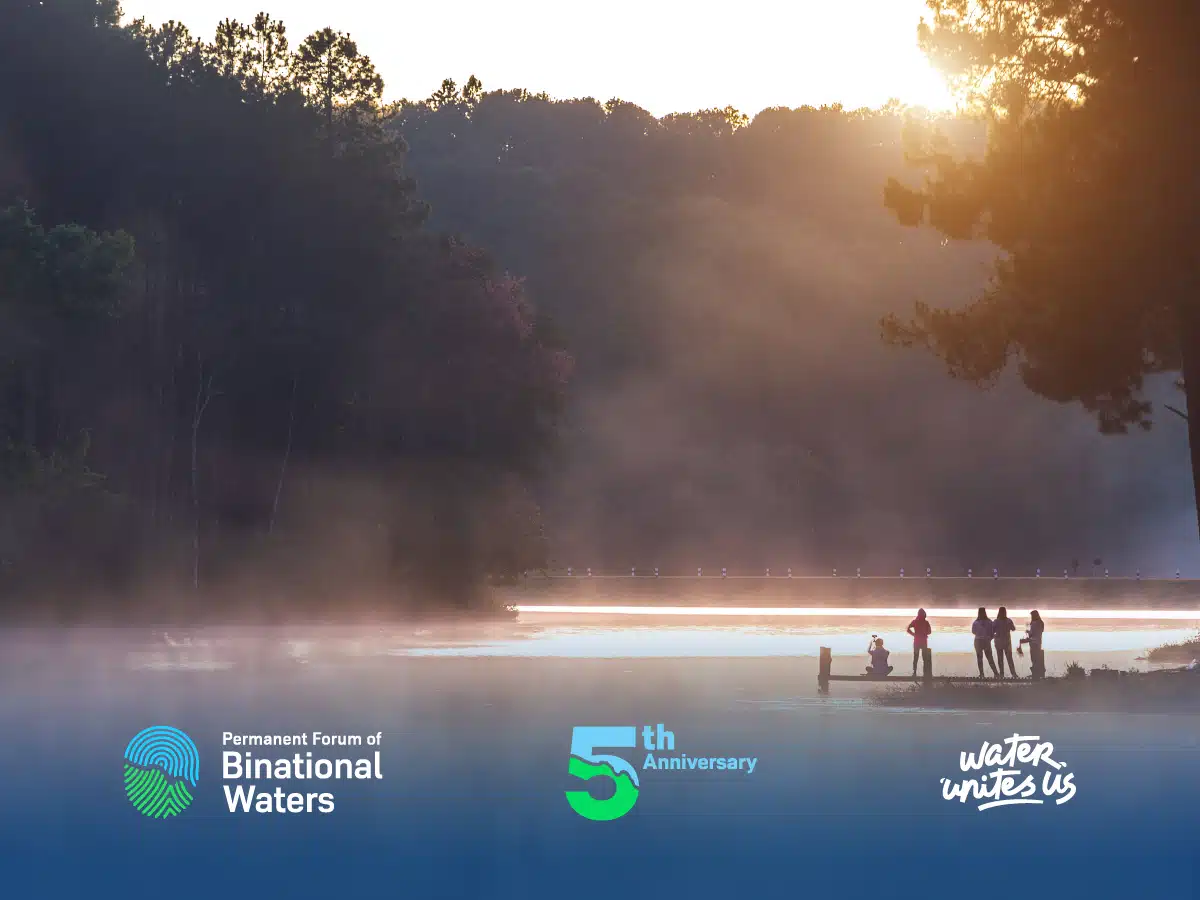



Responses